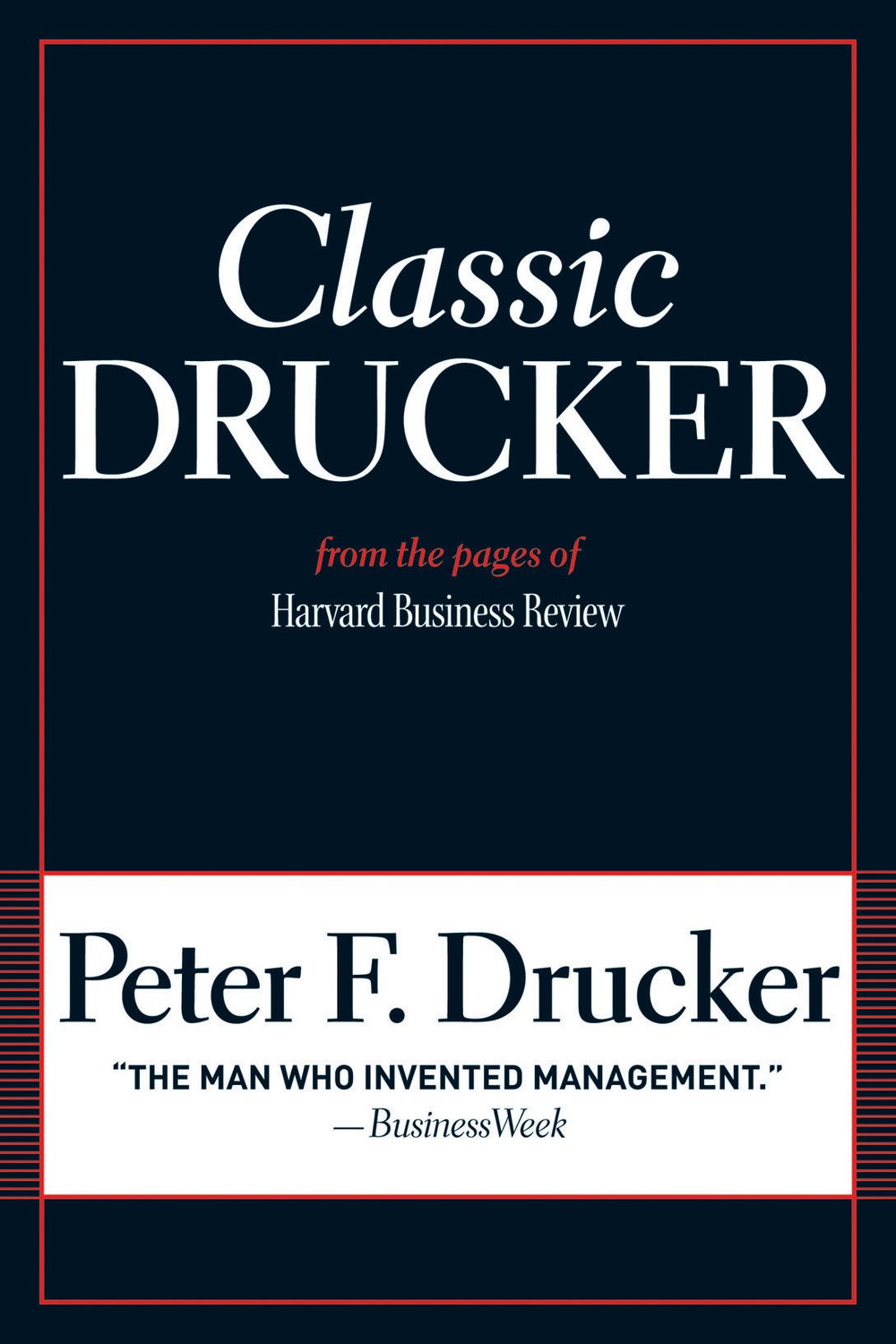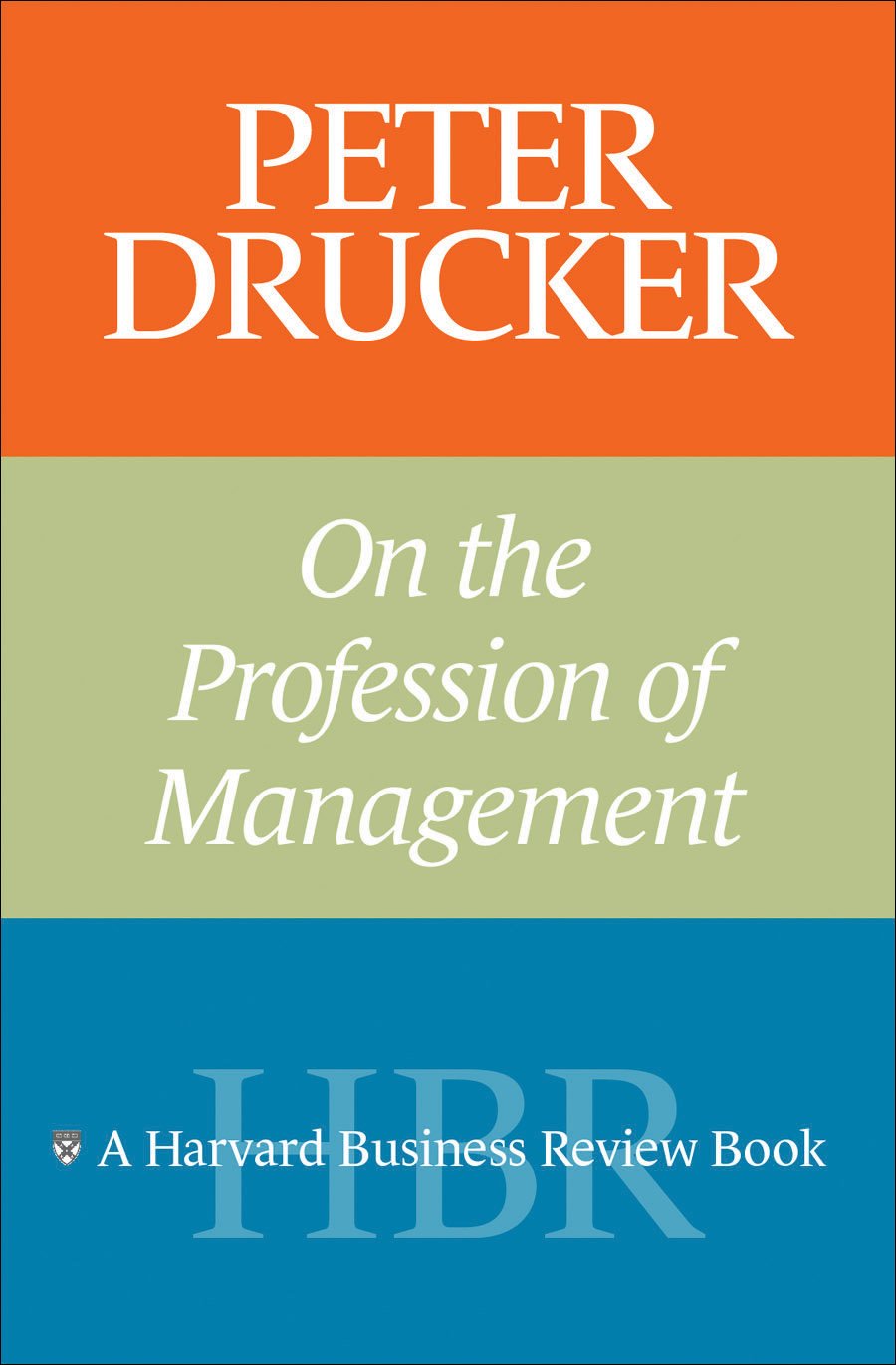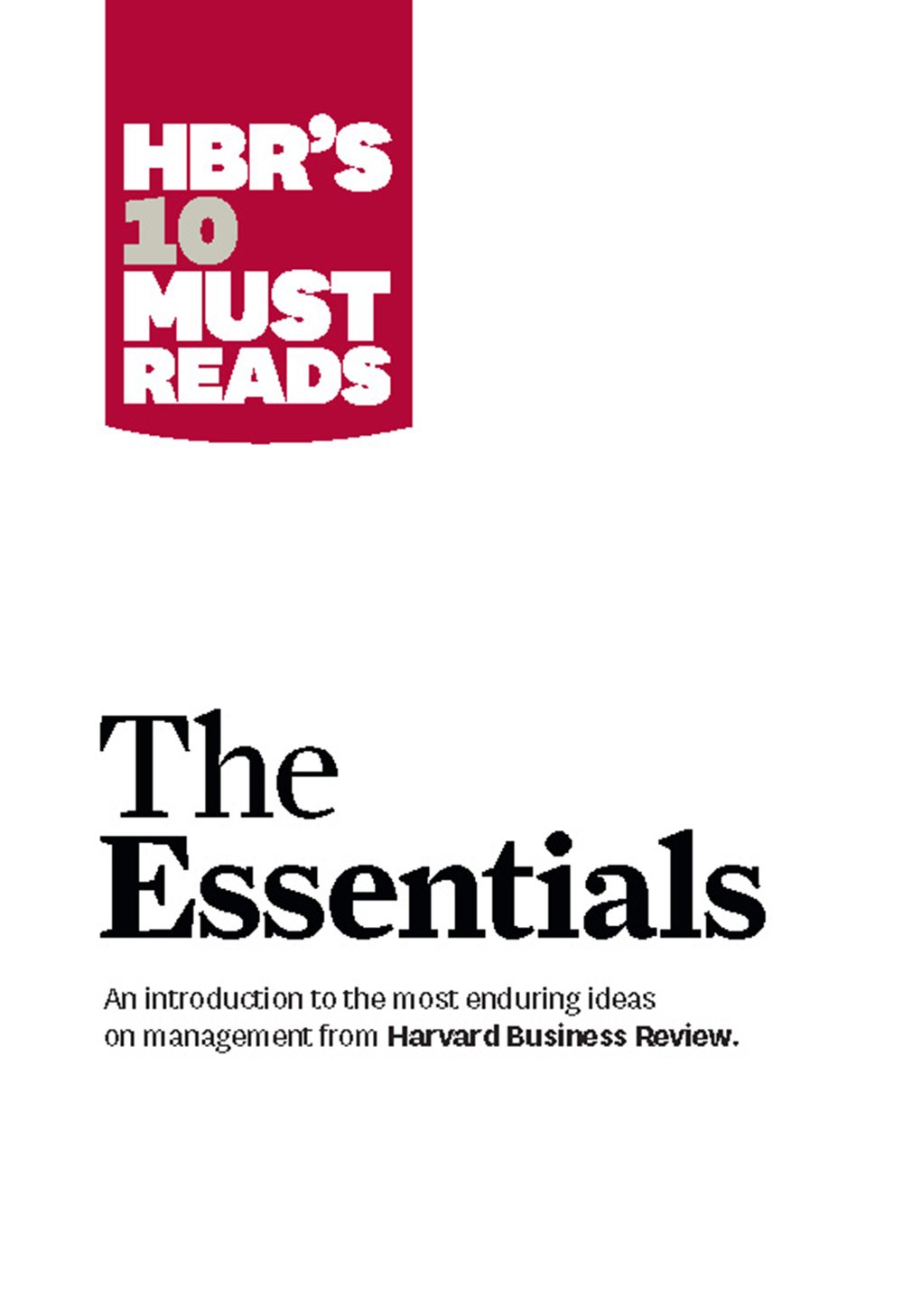Classic Drucker
From the Pages of Harvard Business Review

Revealing a celebrated thinker at his best, Classic Drucker offers a wealth of insights and practical guidelines for managers seeking to address today's thorniest organizational challenges. For example, you'll find selections on how to enhance your company's innovative prowess, make effective decisions, raise knowledge workers' productivity, remain engaged and productive during a long work life, know when the assumptions on which your business was founded must change, and get the data you need to execute your company's competitive strategy.

Peter F. Drucker (1909–2005) is one of the best-known and most widely influential thinkers on the subject of management theory and practice, and his writings contributed to the philosophical and practical foundations of the modern corporation.
Often described as "the father of modern management theory," Drucker explored how people are organized across the business, government, and nonprofit sectors of society; he predicted many of the major business developments of the late twentieth century, including privatization and decentralization, the rise of Japan to economic world power, the critical importance of marketing, and the emergence of the information society with its implicit necessity of lifelong learning. In 1959, Drucker coined the term "knowledge worker" and in his later life considered knowledge-worker productivity to be the next frontier of management.
Peter Drucker died on November 11, 2005, in Claremont, California. He had four children and six grandchildren.
You can find more about Peter F. Drucker at cgu.edu/center/the-drucker-institute.





